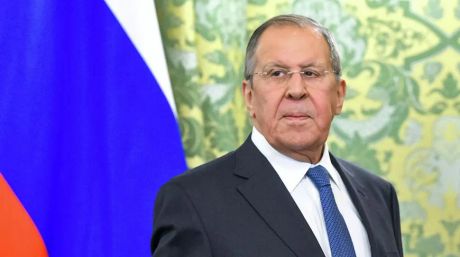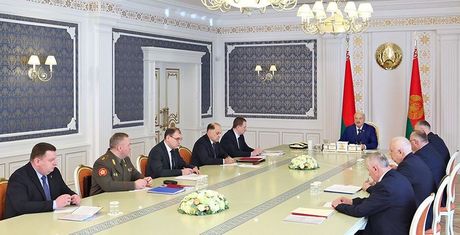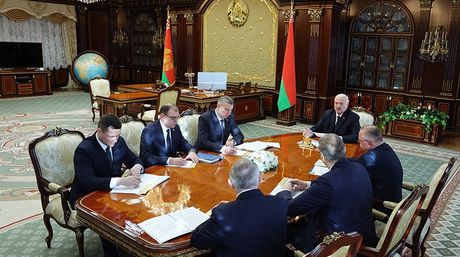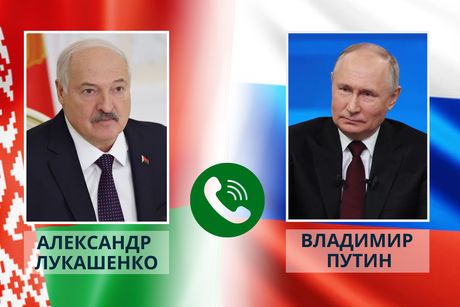Lukashenko holds meeting to discuss Polesie development
11:25, 18 November
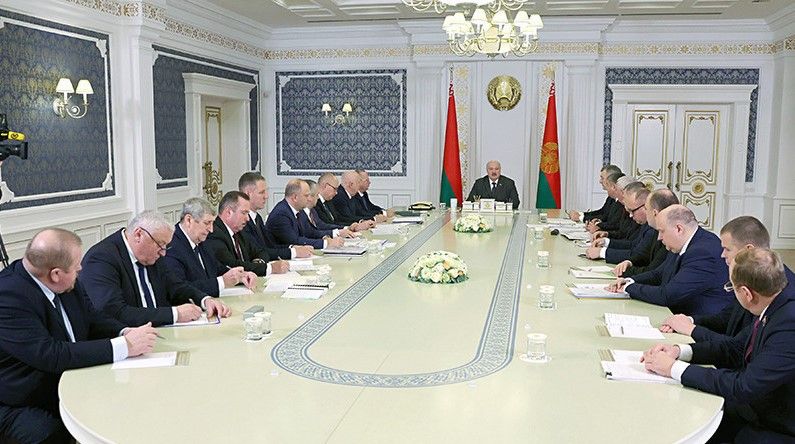
Photo: BelTA
Belarusian President Aleksandr Lukashenko held a meeting to discuss the development of the Pripyat Polesie districts and the implementation of the corresponding program on 18 November, BelTA has learned.
- Share on Facebook
- Share on VK
- Share on Twitter
"The agenda of our meeting was set long ago: the development of Polesie until 2030," the head of state said. "Let me remind you that this program is one of the president’s key election promises to the Poleshuks [the people of Polesie]. The election took place long ago. That does not mean we have done nothing there. A great deal has already been accomplished."
The president noted that he sees tangible results in Polesie this year. “But these are only small first steps. There is a huge amount of work ahead,” warned the Belarusian leader.
The head of state said that he had recently inspected all districts of Polesie. He now has a comprehensive picture of how local residents cultivate and manage their land.
The Polesie development program until 2030 covers nine districts with a population of 350,000.
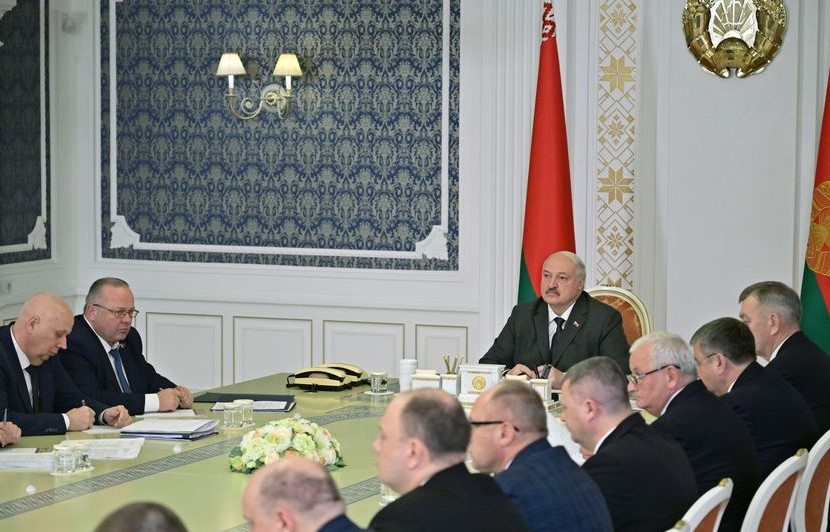
"On the one hand, in implementing this program we must clearly identify and understand the measures to be carried out both within its framework and beyond, so that the Poleshuks, and indeed all of Belarus, can see that we are genuinely committed to its development. On the other hand, we must always keep in mind whether the financial resources are available to bring these measures to life," the Belarusian leader noted.
In this regard, he emphasized that reports should avoid "excessive Soviet-style approaches," cautioning against allocating funds without visible results. "What is needed are concrete measures and enterprises that will create new jobs, although that is not the foremost priority today, and ensure the long-term development of Polesie for centuries to come," Aleksandr Lukashenko stressed.
"Everything must be carefully calculated, verified, and most importantly, bring economic returns in the long run. Especially when it comes to budgetary funds. There is no extra money in the country," the president stressed. "The program’s measures must be concrete and follow a simple algorithm: we must define the goal, set specific tasks, and act to achieve results. I warned you about this. As I am informed, overall you have optimized them [the tasks]. Yet they remain insufficiently funded, and the financial gap is significant.”
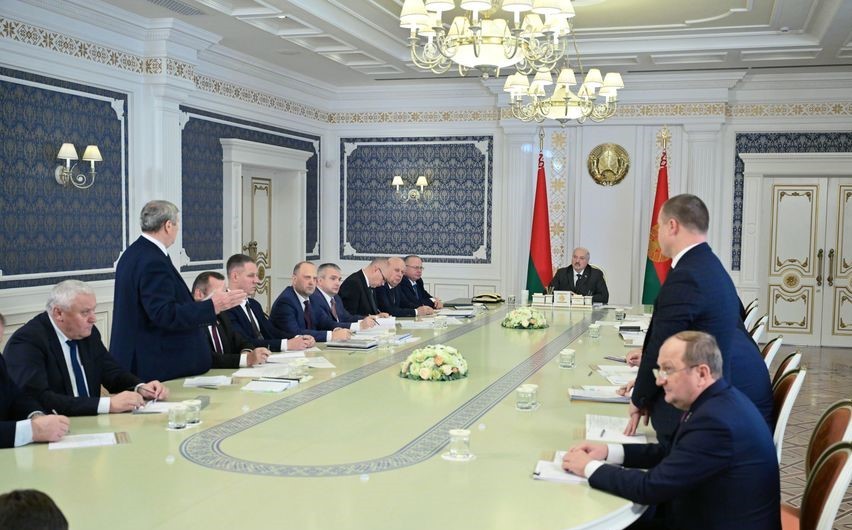
The head of state pointed out that about Br400 million is lacking, or 6% of the total funds allocated for the program (around Br6.5 billion). In this regard, the president asked for a clear answer to the key question: which financial sources will be used to implement the planned measures, and what specific initiatives those funds will support.
Aleksandr Lukashenko noted that oversight of the program’s implementation will be carried out by a true Polesuk Mikhail Rusy. He serves as aide to the president - inspector for Brest Oblast and Chairman of the Standing Commission on Legislation and State Building of the Council of the Republic of the National Assembly of the Republic of Belarus.
He addressed several specific aspects of the Polesie development, one of which is the natural challenges that demand comprehensive, systemic solutions and, in some cases, major investment projects. Brest Oblast and Gomel Oblast today vividly demonstrate the effects of climate change. In this context, constant droughts, the shallowing of rivers, and the decline of reclamation canals, phenomena virtually unseen three or four decades ago, have become common references. “This is precisely that ‘Soviet-style approach’. We keep repeating in the old way: ‘The river is shallow, that is bad, this is bad…’” the head of state said.
Aleksandr Lukashenko highlighted the region’s water resources, with the Pripyat River as the most significant. “Where are these waters going? If only Ukraine were fully utilizing the Dnieper’s waters… Instead, they flow into the sea. So why don’t we consider today how to ‘redirect’ this water, when necessary and to where it is needed?” he remarked.
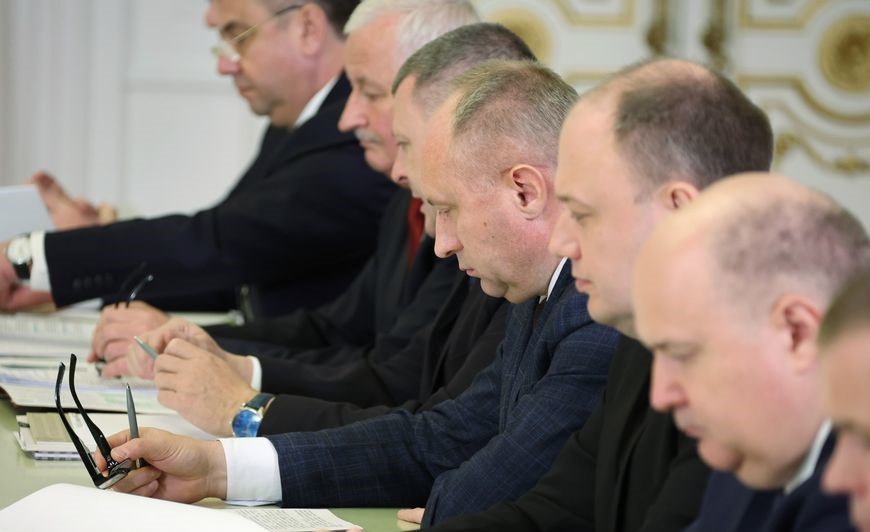
In this context, the president recalled that the Gomel Oblast authorities had proposed returning to the topic of the Dnieper-Bug canals. Aleksandr Lukashenko had instructed Gomel Oblast Governor Ivan Krupko to submit a proposal. “When he submitted it to me, I was taken aback. Because we simply do not have that huge amount of money,” the president said.
Aleksandr Lukashenko stressed that this idea should still be discussed with the experts who are deeply engaged with the issue: “If this is the path we must follow, and if it proves worthwhile and delivers results for Gomel Oblast, then we will feel relieved and take measures. But everything must be carefully thought through. It is not enough to simply hear a good idea and immediately allocate funds. We must clearly understand whether the resources exist, whether they will be available, and whether the initiative will truly yield results. If it does, then we will find the money.”
“We have preserved the groundwork: the Dnieper-Bug canal system. Today, when moisture is urgently needed in the fields, it could prove highly valuable. Yet we must not move forward blindly. This issue requires the most thorough consideration. Reflect carefully on its cost” the head of state added.
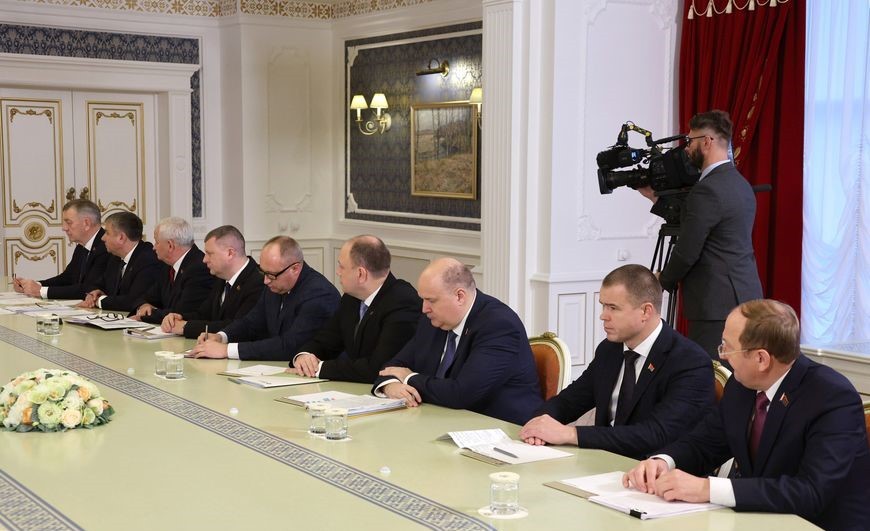
Aleksandr Lukashenko also emphasized the importance of land reclamation, noting that under current conditions it should focus not only on drainage but equally on irrigation. “In Gomel Oblast we often face drought (we know the soils there) and water is essential. This must be addressed today. Reclamation should mean irrigation, not drainage. In fact, we originally built these reclamation systems with that purpose in mind. We simply need to restore them and put them to work. This is the course of action we must take. Development must begin with the land,” he stressed.
The president instructed that, taking all these factors into account, strategies and tactics for developing the districts covered by the Pripyat Polesie development program must be carefully designed. At the same time, attention should be given to improving territories adjacent to the Pripyat, while safeguarding the river’s ecology and its unique natural environment.
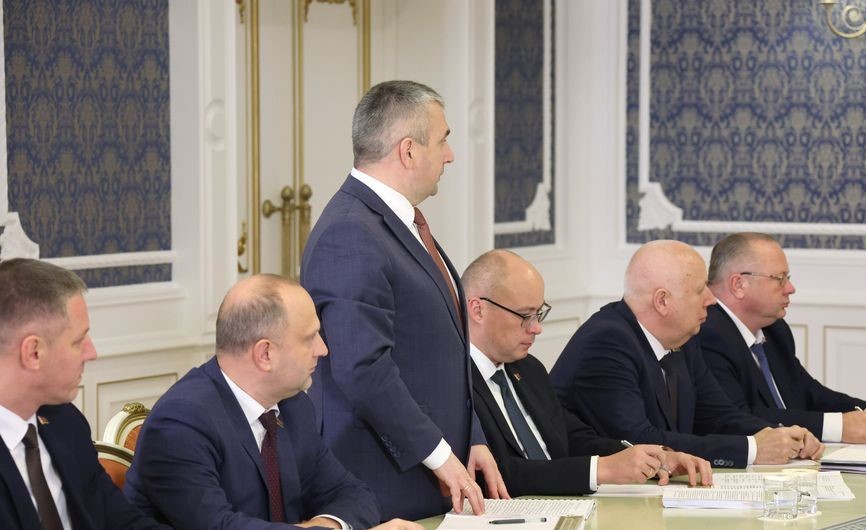
“The nature here is unique and distinctive: there is nothing like it anywhere else in the world. The soils are unusual; I would not describe them as rich, as they are mostly sandy. Yet, if managed wisely, they can still produce good harvests,” the head of state believes.
The president also stressed the region’s untapped tourism potential, which ranges from the national park to agro-tourism estates. “And this is good money,” Aleksandr Lukashenko remarked. “We must take this on ourselves, build here and there. For today’s tourists, palace interiors are not what matters. They want something wooden, a place to come and relax with their children. This is something we know how to do, and we have all the resources for it. Moreover, it must be done not quickly, but immediately. This pot of gold is slipping away. That is why we must act at once, to realize affordable projects and generate income from them.”



